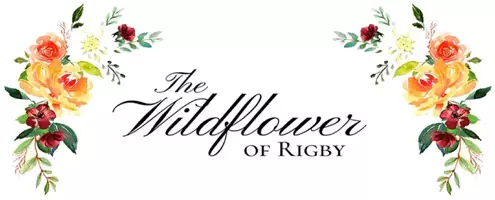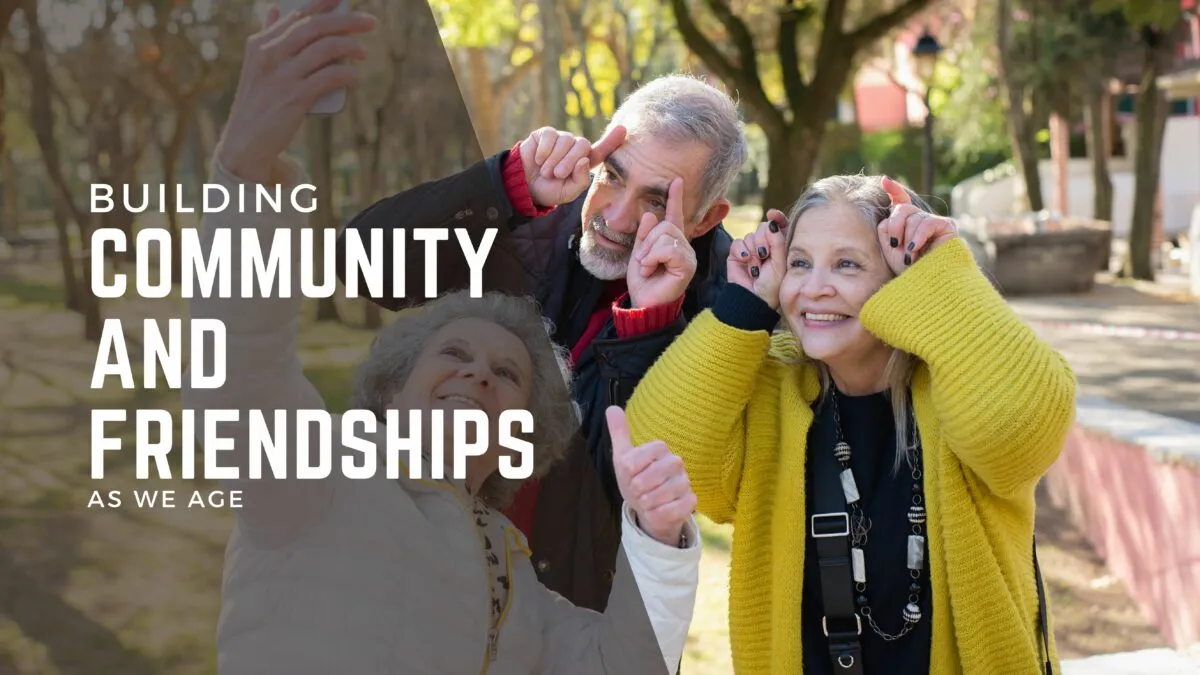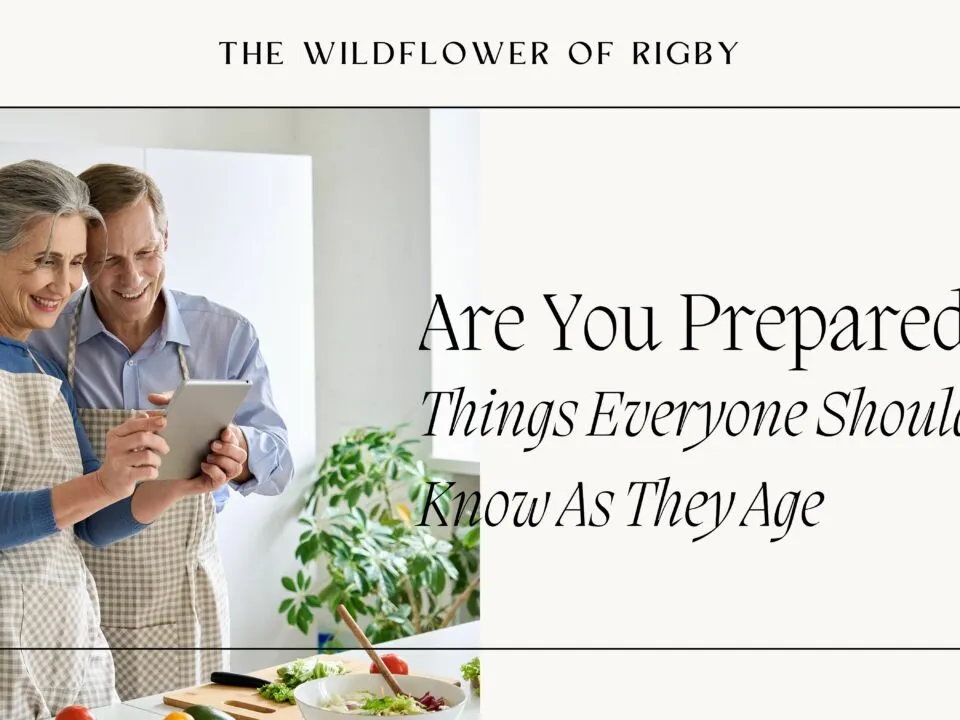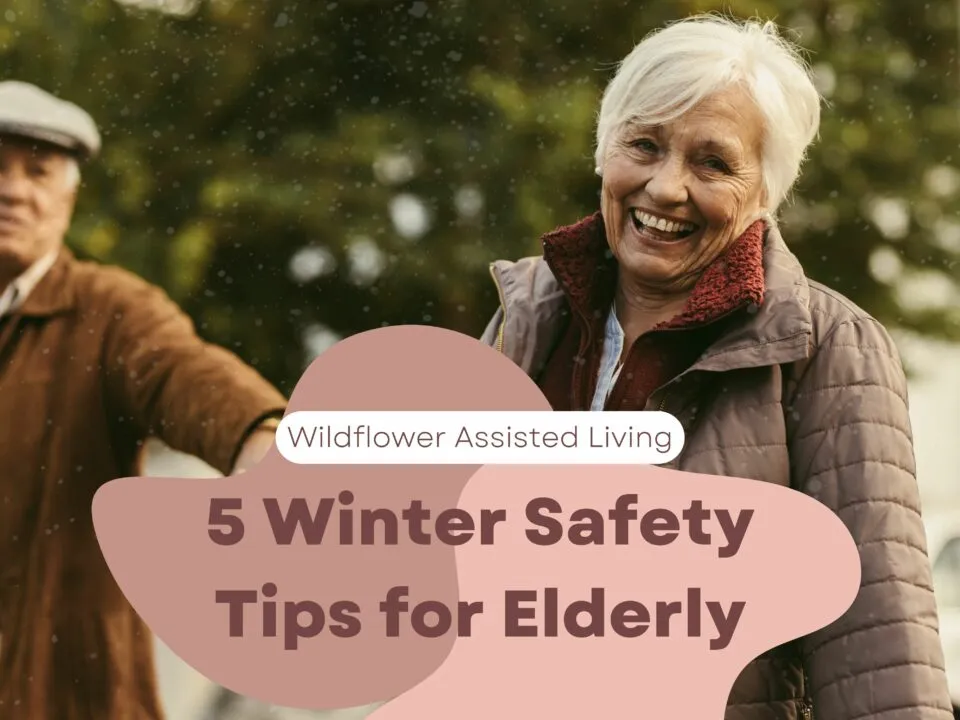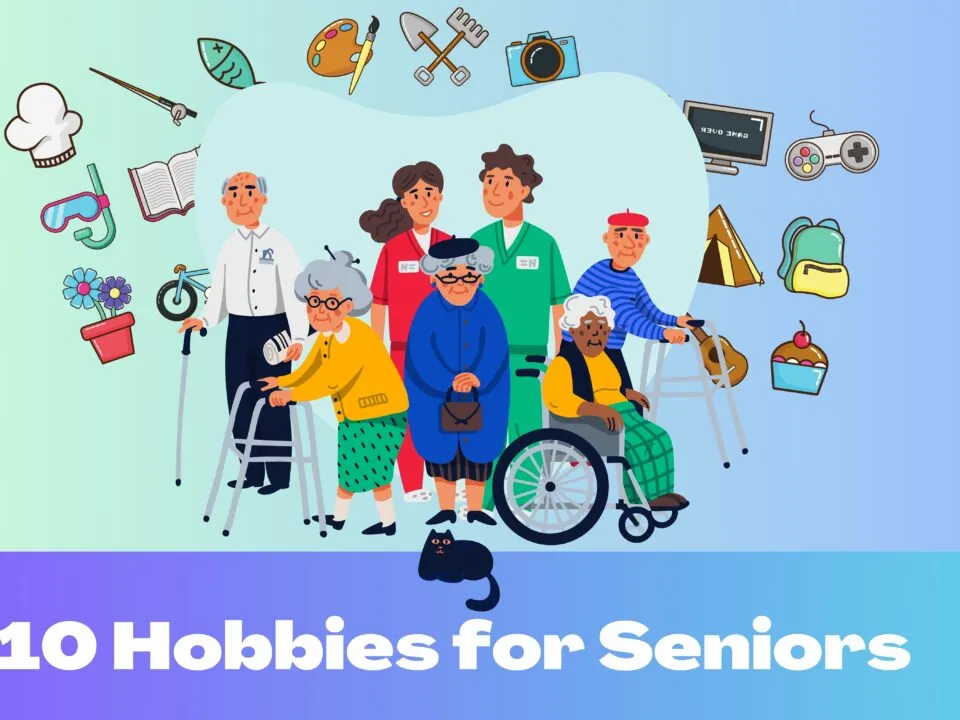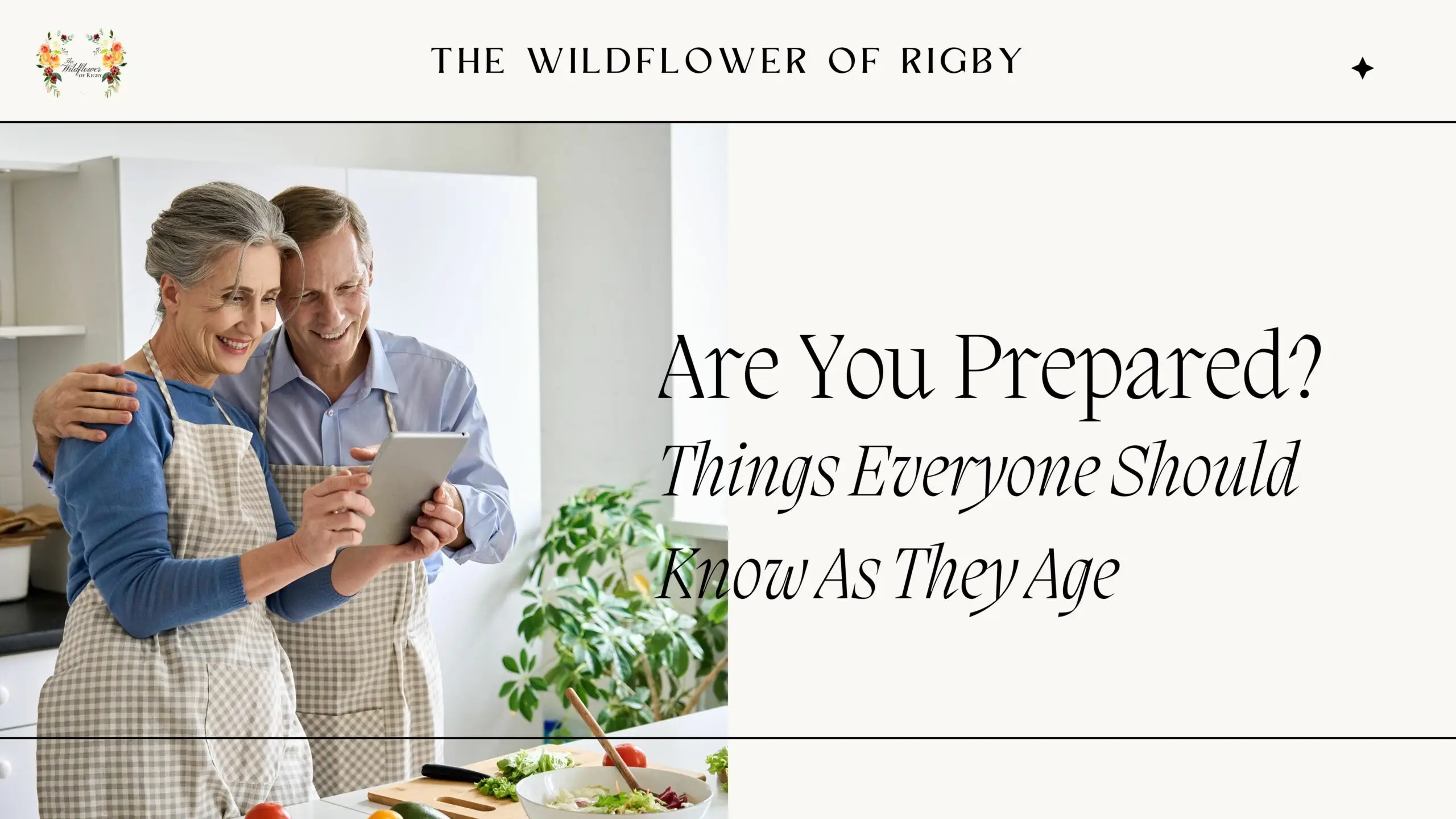
Are You Prepared? Things Everyone Should Know As They Age
December 18, 2023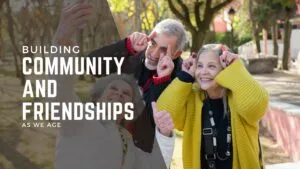
Building community and cultivating friendships are essential parts of our lives. They help us feel connected, supported, and happy. As we grow older, these connections become even more crucial. Special communities for older people are places where seniors can have fun and take care of each other. These communities offer activities and events designed for older adults to enjoy and socialize with their peers. It’s a way for seniors to stay connected and feel supported by others going through similar life experiences.
Did you know that psychologists have found that having friends we trust and rely on can not only help us not feel lonely, but help protect us against heart attacks and cognitive decline? Another study found that having supportive friendships and partnerships protects “adults (of all ages) from damaging inflammation, and seniors from inflammation and high blood pressure”. Having close relationships allows us to share our burdens and relieve symptoms of stress that can affect our quality of life as well. In short, having good friends can help us to live longer and healthier.
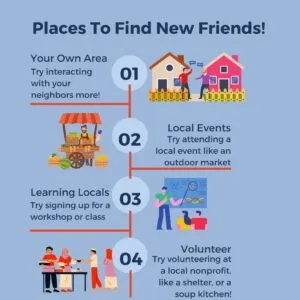
Aging can make it hard to make new friends. Everyone jokes about how kids seem to be able to make friends easily. In reality, it’s because children are filled with a desire to grow. They want to learn more, understand more, see more. As we age we lose this growth mindset and it can hold us back significantly from developing relationships of all kinds. So if you find you’re struggling, try identifying what’s holding you back and step outside of your comfort zone, literally! This could be interacting with your neighbors more, attending a local event like an outdoor market, signing up for a workshop or class, volunteering at a local nonprofit, or all of the above!
Being vulnerable with those you’re closest to can be scary, and talking to strangers for no real reason can be even more scary. If you find yourself stuck in a cycle of silence you may want to try reaching out to a coach or a therapist to help you work past your anxieties and fears. As you try talking and interacting with people more, you’ll find that it becomes easier and more comfortable. But what happens then, how do you take an acquaintance to a friendship, you may be asking. In reality, the answer is time and exposure. The more time you spend with someone, the more you share and be vulnerable with someone, the more you grow to care about the person.
Sometimes life makes it hard to stay connected with friends. With jobs, children, partners, pets, etc it becomes hard to stay a persistent presence in your friends’ lives. So how do you maintain friendships? Well, one of the great things of our day is technology! You can stay connected with your friends via apps like Marco Polo, Tribe, Volley, Bunch, and so many more, you can video chat or message with friends miles away! You can share daily moments in a variety of ways. There are also many cities with senior centers that provide age-friendly events for the elderly that you can go to together! Lastly, a great way to get together is to host a get-together yourself! You can organize all kinds of things to get all your friends to come over, from book clubs to bake-offs, to board game nights, or brunches!
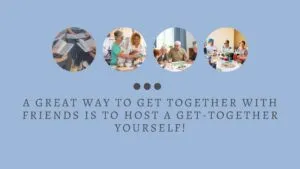
Being part of a community and having friends is truly special, especially for our older loved ones. Whether it’s sharing a laugh with a friend, participating in activities with a social circle, or staying connected through mature networking, the bonds we create with others bring happiness and fulfillment to our lives. For seniors, having companionship in the form of friends and social circles is not just enjoyable, but also vital for their well-being. It supports them, provides a sense of belonging, and allows for opportunities to share experiences. Building a community where people of all ages can come together, share their stories, and create lasting memories is a beautiful thing. It fosters a sense of unity, understanding, and compassion that enriches the lives of all who are a part of it.
Check out our socials!
References
https://www.betterup.com/blog/making-friends-as-an-adult
https://greatergood.berkeley.edu/article/item/friends_help_our_health_as_we_age
